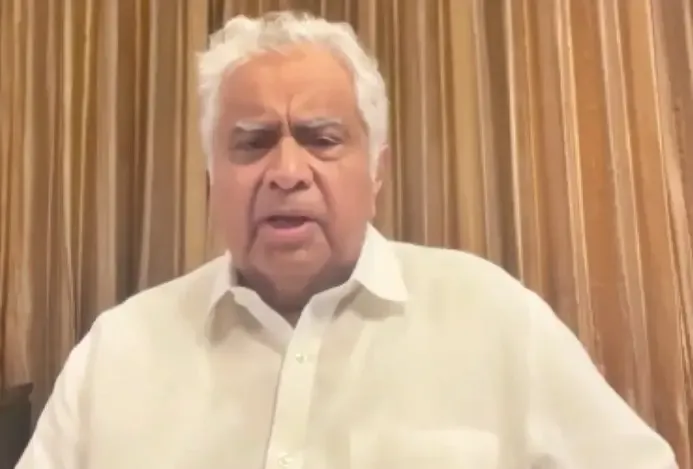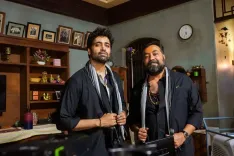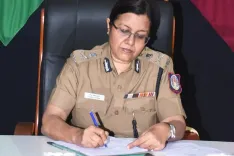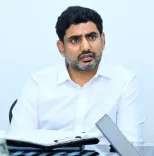Need for Transparency and Reform in Judicial Appointments: Harish Salve on 'Cash at Home' Controversy

Synopsis
Key Takeaways
- Urgent reforms in judicial appointment process needed.
- Unverified allegations undermine public trust in judiciary.
- Current collegium system is deemed dysfunctional.
- Legislative collaboration is essential for reform.
- Judiciary must be strengthened as a coequal institution.
New Delhi, March 21 (NationPress) In light of the alleged ‘cash at home’ incident involving a judge from the Delhi High Court, former Solicitor General of India and prominent attorney Harish Salve emphasized the urgent need for significant reforms in the judicial appointment process to enhance transparency.
He remarked that unverified accusations against the judiciary undermine public trust, ultimately jeopardizing the democracy in which it operates as a coequal institution.
Referring to the recent situation involving Justice Yashwant Varma of the Delhi High Court, he deemed it a crucial reminder that our current judicial appointment system is ineffective.
According to media sources, a substantial sum of cash was discovered last week when firefighters responded to an emergency at Justice Varma's residence.
Salve described the ongoing controversy as a crucial prompt for reform, stating, “We need to restart the discussion… This is an existential crisis. You have to save this institution.”
He urged the legislature, particularly the members of Parliament, to collaboratively devise recommendations for a more refined and transparent judicial appointment system.
“I believe the 500 individuals whom we have elected must set aside their political differences. This is one area where they must unite, pooling their collective wisdom to create a structured approach,” he articulated.
He further criticized insinuations against the judiciary and the irreversible harm they cause to individuals' reputations.
“We are navigating through very turbulent and different times. Today, it is not the 1960s, 70s, or 80s when news took weeks to circulate. Nowadays, in the age of social media, an incident can be recorded and shared within 15 minutes. The world can learn what transpired in your home in mere moments,” he noted, cautioning against unverified reports.
“I firmly believe the judiciary is a vital coequal institution in a democracy. Can we function without an operational judiciary? We cannot. And if we cannot live without a functional judiciary, we must strengthen it,” he asserted.
The existing collegium system established in 1993 includes a group of senior judges, including the Chief Justice of India, responsible for appointing and transferring judges in the higher judiciary.
To tackle these issues, the government introduced the National Judicial Appointments Commission (NJAC), which aimed to replace the collegium system with a body that included non-judicial members; however, this initiative was ultimately nullified by the Supreme Court in 2014.









